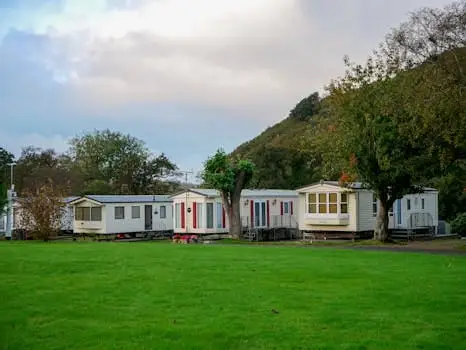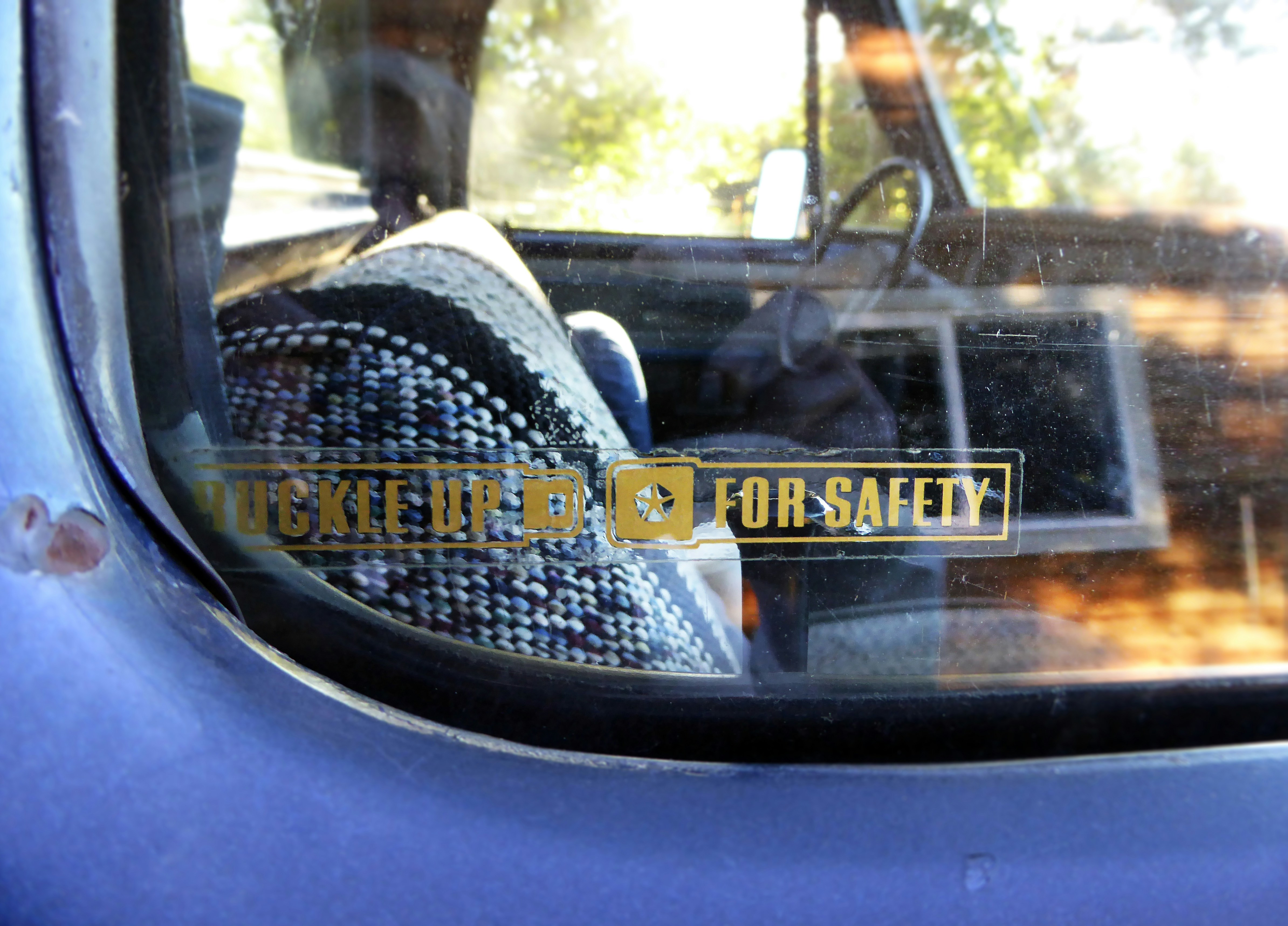If you live in or plan to purchase a mobile home, understanding how homeowners insurance for mobile homes works is essential to protect your investment. While mobile homes are more affordable than traditional houses, they still face risks from fire, windstorms, theft, and other hazards.
However, insuring a mobile home isn’t exactly the same as insuring a site-built home. This article will walk you through what’s covered, how it differs from traditional homeowners insurance, common coverage options, costs, and how to choose the right policy in 2025.
What Is a Mobile Home?
A mobile home, also called a manufactured home, is a prefabricated structure built in a factory and transported to a site for installation. Mobile homes are built according to the HUD code (since June 15, 1976) and are generally placed on either temporary or permanent foundations.
Common types include:
- Single-wide mobile homes
- Double-wide mobile homes
- Triple-wide or modular homes
It’s important to note that if your home was built before June 1976, it’s considered a mobile home under HUD guidelines, while homes built after that date fall under the manufactured home category.
What Is Mobile Home Insurance?
Mobile home insurance is a type of homeowners insurance tailored specifically for mobile or manufactured homes. It provides financial protection in case of:
- Damage to the structure
- Loss of personal property
- Liability claims
- Additional living expenses (ALE) if your home becomes uninhabitable
It functions similarly to a standard HO-3 homeowners policy, but policies for mobile homes are often categorized as HO-7 or MH policies, and may have different eligibility, coverage limits, and exclusions.
What Does Mobile Home Insurance Cover?
A standard mobile home insurance policy typically includes the following components:
1. Dwelling Coverage
Covers the physical structure of your mobile home, including attached structures like decks, patios, or awnings.
2. Personal Property Coverage
Protects your belongings such as furniture, electronics, clothing, and appliances from risks like fire, theft, or vandalism.
3. Liability Protection
Covers legal expenses and medical costs if someone is injured on your property or if you accidentally cause damage to someone else’s property.
4. Additional Living Expenses (ALE)
Pays for temporary living costs like hotel stays and meals if your mobile home becomes uninhabitable due to a covered peril.
5. Other Structures Coverage
Covers detached structures on your property, like sheds, fences, or carports.
Common Perils Covered
Mobile home insurance usually covers damage caused by:
- Fire and smoke
- Lightning
- Windstorms and hail
- Explosions
- Theft and vandalism
- Water damage from plumbing (not flooding)
- Falling objects
Important: Most policies do not cover flood or earthquake damage by default. You’ll need separate policies or endorsements for those perils.
Mobile Home Insurance vs. Traditional Homeowners Insurance
| Feature | Mobile Home Insurance | Traditional Homeowners Insurance (HO-3) |
|---|---|---|
| Structure type | Factory-built homes (single/double wide) | Site-built homes |
| Policy form | HO-7 or MH | HO-3 |
| Coverage flexibility | May be more limited | Generally more comprehensive |
| Underwriting requirements | Stricter due to higher risk factors | Standard |
| Foundation requirement | May affect coverage eligibility | Permanent foundations assumed |
| Premium costs | Typically lower | Usually higher for similar value homes |
Do I Need Mobile Home Insurance?
While not legally required in most states, mobile home insurance is usually mandatory if you have a mortgage or finance your home through a lender.
Even if you own your mobile home outright, insurance is highly recommended because of the increased vulnerability to:
- Severe weather damage
- Fire due to lightweight materials
- Theft or vandalism in remote or rural locations
How Much Does Mobile Home Insurance Cost?
Premiums for mobile home insurance vary widely based on:
- Home location
- Age and size of the home
- Foundation type (pier vs. permanent)
- Security features (smoke detectors, security systems)
- Claims history
- Coverage limits and deductible
Average annual cost:
- $300–$1,000/year for basic coverage in low-risk areas
- $1,000–$2,500/year in high-risk areas (coastal zones, tornado-prone states, etc.)
Discounts may be available for:
- Bundling with auto insurance
- Installing safety features
- Living in a gated or age-restricted community
Optional Coverages and Add-ons
Depending on your needs and location, you might want to include the following endorsements:
- Flood Insurance: Especially important for homes in flood-prone areas. Available through FEMA’s NFIP or private insurers.
- Earthquake Insurance: In states like California, a separate policy may be required.
- Replacement Cost Coverage: Pays to replace your damaged property with new items, rather than depreciated value.
- Trip Collision Coverage: Covers your home while it’s being transported (if applicable).
- Golf cart or ATV coverage: For mobile home parks or communities with these vehicles.
Top Mobile Home Insurance Providers in 2025
| Insurance Company | Coverage Strength | Notable Features | Best For |
|---|---|---|---|
| Foremost Insurance | Excellent | Offers specialized MH coverage, multiple add-ons | Full-time mobile home residents |
| American Modern | Strong | Trip collision, rental MH options | Older homes and seasonal homes |
| Progressive | Strong | Bundling discounts, online quotes | Affordable, basic coverage |
| Assurant | Moderate | Flexible policies, replacement cost options | First-time mobile homeowners |
| State Farm | Varies by location | Personal service, local agents | Those wanting bundled policies |
Always compare quotes and policy terms before buying.
Tips for Buying Mobile Home Insurance
- Know your home’s specifications: Year, make, model, dimensions, and value all impact your quote.
- Document your property: Keep photos or videos of belongings to simplify claims.
- Check local risks: Tornadoes in the Midwest, hurricanes in the Southeast, wildfires in the West.
- Ask about deductibles: Higher deductibles lower your premium but increase your out-of-pocket cost.
- Review coverage annually: As your home ages or you add upgrades, update your policy.
Final Thoughts
Mobile home insurance is a smart and necessary investment, whether you live in your home year-round or seasonally. It offers critical protection from common risks and helps safeguard not just your structure, but also your financial future.
With affordable premiums, flexible coverage options, and policies tailored to manufactured homes, homeowners have more options than ever in 2025. Don’t assume your home is safe without insurance — a single disaster could cost far more than a year of coverage.
FAQs
Can I get mobile home insurance if my home is older than 20 years?
Yes, though coverage may be more limited or costlier. Insurers like American Modern or Foremost specialize in older homes.
Does mobile home insurance cover moving the home?
Only if you add “trip collision” or transit coverage. Standard policies do not cover damage during transport.
Are mobile homes harder to insure than regular homes?
They can be, especially if they’re not permanently affixed to a foundation or are in high-risk areas. However, many insurers now offer tailored options.
Is mobile home insurance required by law?
No, but it is often required by lenders and highly recommended by financial experts.




Your article helped me a lot, is there any more related content? Thanks! https://www.binance.info/bn/register?ref=WTOZ531Y